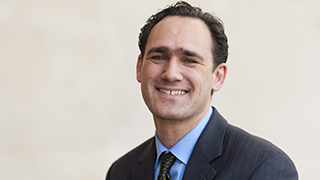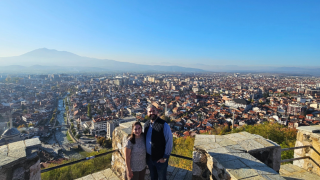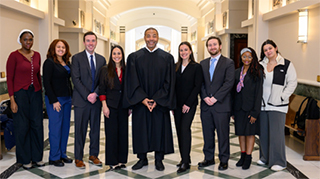Diplomacy Professor Publishes Book on Participatory Budgeting in Brazil - Seton Hall University
Wednesday, February 23, 2022

Participatory budgeting is a type of political tool in which regular citizens are given a role in deciding budgetary measures in their communities. The concept gained fame in the Brazilian city of Porto Alegre, spreading to Montevideo, Uruguay, and Caracas, Venezuela, and can now be found worldwide, including in Madrid, Paris, and several districts of Chicago and New York. The book provides an insightful, quantitative, overview of its history in Brazil and three specific periods, its inception in the late 1980s, growth in the 1990s, and fall from popularity post-2004.
Goldfrank met coauthor, Brian Wampler, in 1999 while conducting doctoral dissertation research in Porto Alegre, Brazil. The research for the book is based on datasets Professors Goldfrank and Wampler compiled. Professor Goldfrank originally intended to travel to Brazil in May of 2020 to research the book, partially funded by a Seton Hall Research Council Grant, but the COVID-19 pandemic made travel impossible. Instead, Goldfrank conducted several virtual interviews with figures involved in participatory budgeting for his research.
Professor Goldfrank's interest in Latin America started in his junior high school Spanish classes, continuing into his undergraduate years during which he did research in Chile on the Chilean Communist Party, and into his years as a graduate student at UC Berkeley. He has published many articles not only in English, but in Spanish and Portuguese.
Learn more about Dr. Goldfrank
Learn more about The Rise, Spread, and Decline of Brazil’s Participatory Budgeting
Categories: Nation and World






